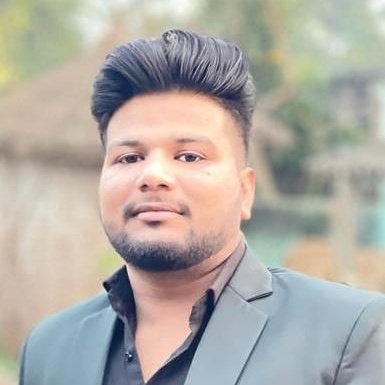All physicians have that innate desire to help others. In most cases this makes them prioritize their patients' needs over their own therefore putting themselves at risk of burnout or even injury. Here are seven self-care tips for physicians.
Daily Exercise
Maintain a Healthy Diet
Establishing work-home boundaries
Develop good sleeping habits
Manage Stress Levels
- Relaxation Techniques: This can take the form of listening to music or deep breathing exercises.
- Meditation: This will provide you with a sense of calm and peace. Meditation can help you relax and cope with stress as you get to focus your attention on something calming.
- Prayer: Prayer prompts a relaxation response in the body which lowers blood pressure. It also exercises people's empathy and compassion, and this reduces stress levels.
Fostering recreational activities and hobbies
Build close relationships with family

Reviewed by







